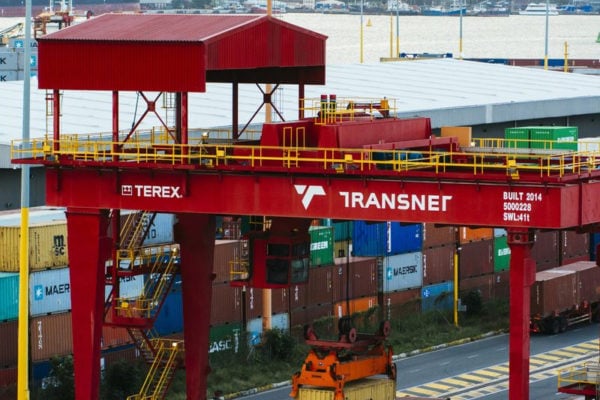Big questions about fibre cables getting stolen and “smoked” in South Africa

Shaun Shelley, executive director at Harm Reduction International, says there is no way that fibre optic cables are being stolen to mix with illicit drugs in South Africa.
This comes after MetroFibre’s optical assurance manager, Johan Booysen, raised concerns over thieves stealing the strength member of the fibre core for its glass, to crush it, then mix it with drugs.
Speaking to Cape Talk, Shelley said the rumour of people mixing crushed fibre optics with illicit drugs isn’t specific to South Africa.
“We’ve seen it in the United States as well. We’ve seen it in various other countries,” he said.
“The reality is there’s absolutely no way that this can be smoked. Methamphetamine and other drugs in South Africa are smoked in glass pipes.”
According to Shelley, vaporising fibre optic glass in a glass pipe would cause the pipe to evaporate.
“I don’t know where this story comes from. Maybe somebody saw some really high-quality methamphetamine on some people who were stealing fibre optic cables,” he said.
However, in the South African context, traces of crushed glass have been found in the popular township drug Nyaope, which is frequently smoked through alternatives to glass pipes.
Traces of crushed glass have also been found in drug samples around the world, including low-grade heroin, cannabis products, antiretroviral drugs, and bulking agents.
Shelley explained that there are various other materials, like salt or methylsulfonylmethane (MSM), that are more appropriate for use as a filler in methamphetamine.
“MSM is the most common one because it vaporises at the same temperature as methamphetamine. It does not harm, and that’s freely available,” said Shelley.
He questioned why people would risk stealing fibre cables when other materials are freely available. He added that if they sold methamphetamine with crushed glass, they’d never sell to the same customer again.
“If the glass is crushed and smoked, it will then enter the lungs as a solid piece because it hasn’t vaporised. It would cause incredible damage, and people wouldn’t buy drugs from those suppliers,” Shelley stated.
“It’s a very competitive market out there, and quality is somewhat protected because people want to continue selling to the same group of people.”
Crime impacting fibre rollouts

In April 2024, prominent South African fibre network operators (FNOs) Frogfoot and MetroFibre explained how criminal activity impacted their fibre rollouts.
In addition to MetroFibre’s Booysen raising the issue of people stealing fibre optic cabling to crush and smoke the glass it contains, he highlighted theft, vandalism, and threats towards staff as major issues.
“Theft of equipment, vandalism, and threats to our staff and contractors by construction mafia or community forums are the key crime challenges we experience,” he said.
“We also get pressure from groups when we attempt to roll out in new underserved areas, notably multi-party SMEE and taxi organisations in local communities looking to secure contracts.”
Frogfoot noted that its initial rollouts in residential suburbs saw minimal impact from criminal activity.
However, it said various security challenges arose while its Rise initiative expanded its prepaid, uncapped Internet access to lower-income areas.
It also highlighted business forums as a significant concern, as well as gang-related crimes.
“There are also crime syndicates who specialise in theft of equipment, alternative power sources, and copper,” it said.
“They use professional methods in their approach and sell most equipment across the border.”
Other issues highlighted by Frogfoot and MetroFibre included:
- Theft of battery backup and generators, and vandalism of equipment
- Aerial poles being stolen and used for fences
- Robbery of equipment at gunpoint for both technical teams on the road and staff at site offices
- Harassment and robbing of operations teams while attending to routine maintenance
- Roadworks, waterworks, and construction teams not taking cognisance of where fibre infrastructure is in the ground leading to avoidable and costly damages
This damage and losses suffered due to crime ultimately push FNOs’ rollout and business costs higher, which can impact the prices users pay.
































